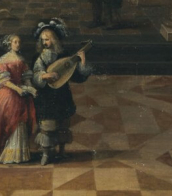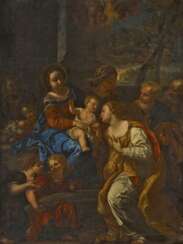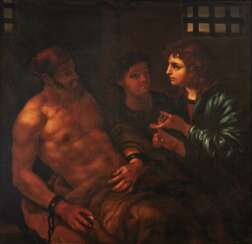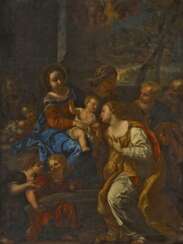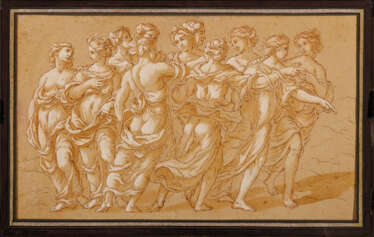Johann Karl Loth (1632 - 1698) — Auction price
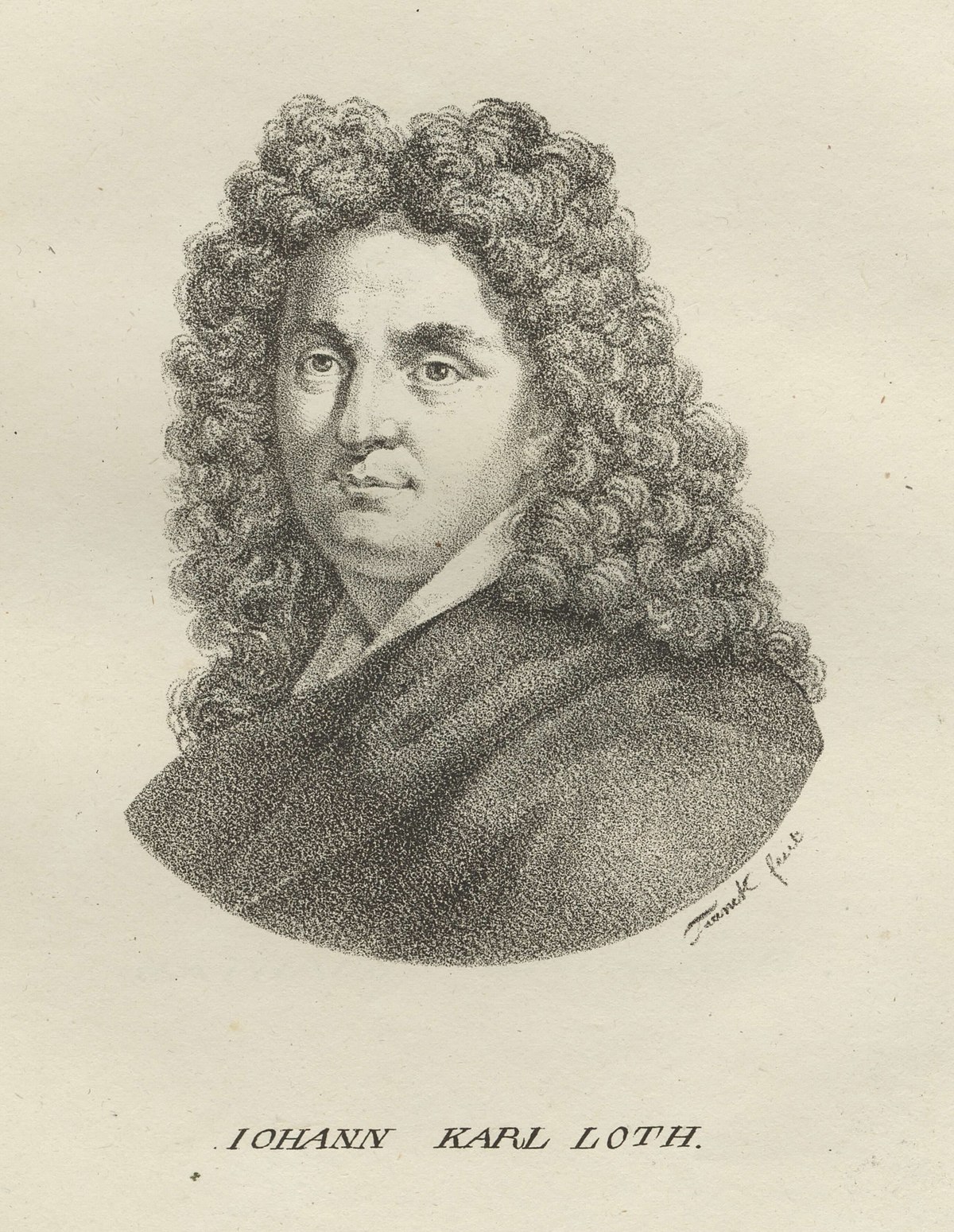
Johann Karl Loth was a German painter of the second half of the 17th century, the Baroque era. He is known as a painter and graphic artist, a representative of Caravaggism.
Loth painted canvases with historical, religious and mythological subjects, as well as portraits. In portrait painting, he brought elements of genre, which was influenced by the Flemish masters. The combination of dynamic brushstrokes, colorful variety and spectacular lighting in the style of the masters of Northern Italy attracted the attention of European collectors and aristocratic clients.
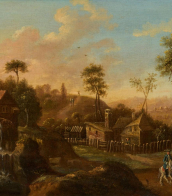

Johann Karl Loth was a German painter of the second half of the 17th century, the Baroque era. He is known as a painter and graphic artist, a representative of Caravaggism.
Loth painted canvases with historical, religious and mythological subjects, as well as portraits. In portrait painting, he brought elements of genre, which was influenced by the Flemish masters. The combination of dynamic brushstrokes, colorful variety and spectacular lighting in the style of the masters of Northern Italy attracted the attention of European collectors and aristocratic clients.
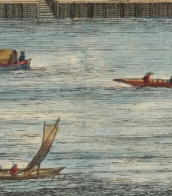

Johann Karl Loth was a German painter of the second half of the 17th century, the Baroque era. He is known as a painter and graphic artist, a representative of Caravaggism.
Loth painted canvases with historical, religious and mythological subjects, as well as portraits. In portrait painting, he brought elements of genre, which was influenced by the Flemish masters. The combination of dynamic brushstrokes, colorful variety and spectacular lighting in the style of the masters of Northern Italy attracted the attention of European collectors and aristocratic clients.
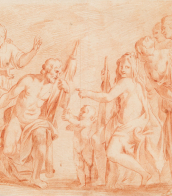

Johann Karl Loth was a German painter of the second half of the 17th century, the Baroque era. He is known as a painter and graphic artist, a representative of Caravaggism.
Loth painted canvases with historical, religious and mythological subjects, as well as portraits. In portrait painting, he brought elements of genre, which was influenced by the Flemish masters. The combination of dynamic brushstrokes, colorful variety and spectacular lighting in the style of the masters of Northern Italy attracted the attention of European collectors and aristocratic clients.
